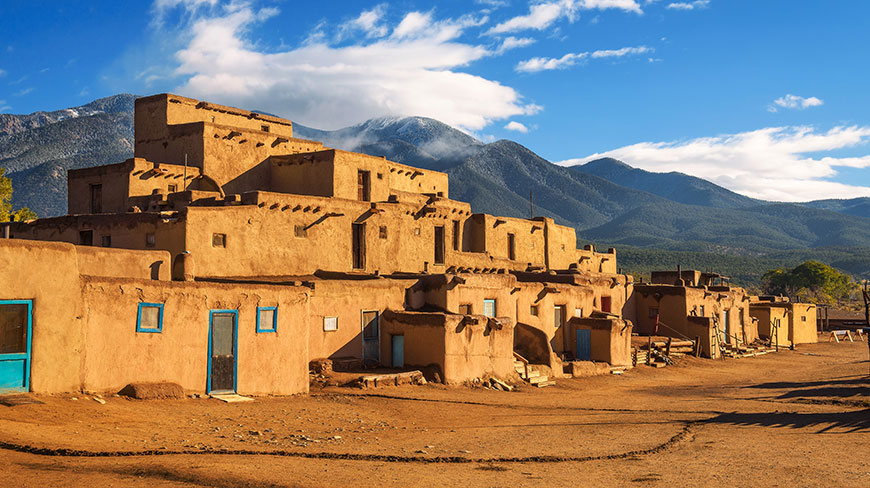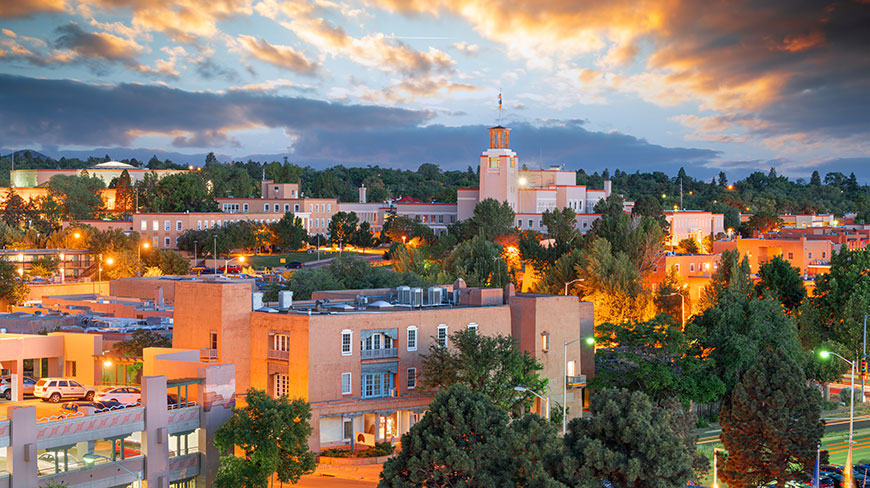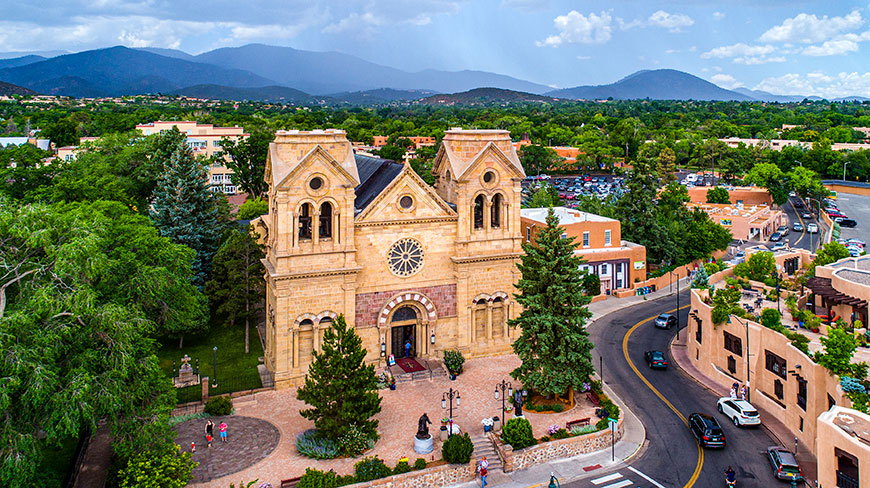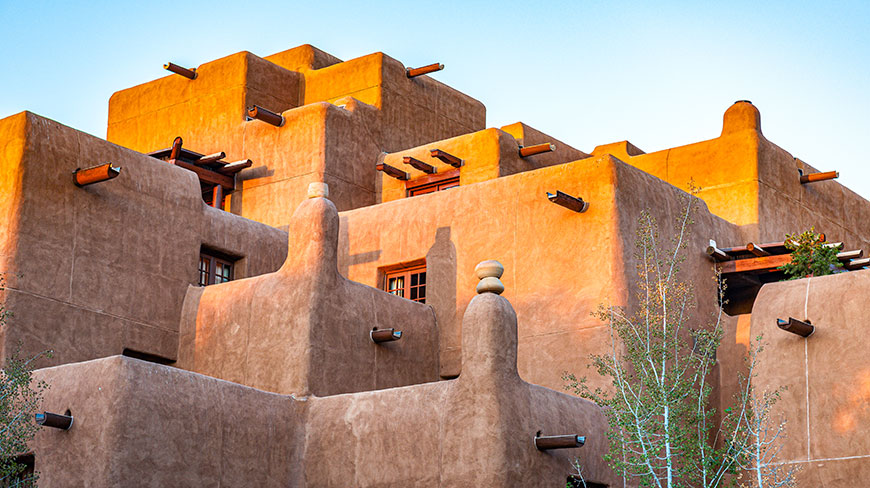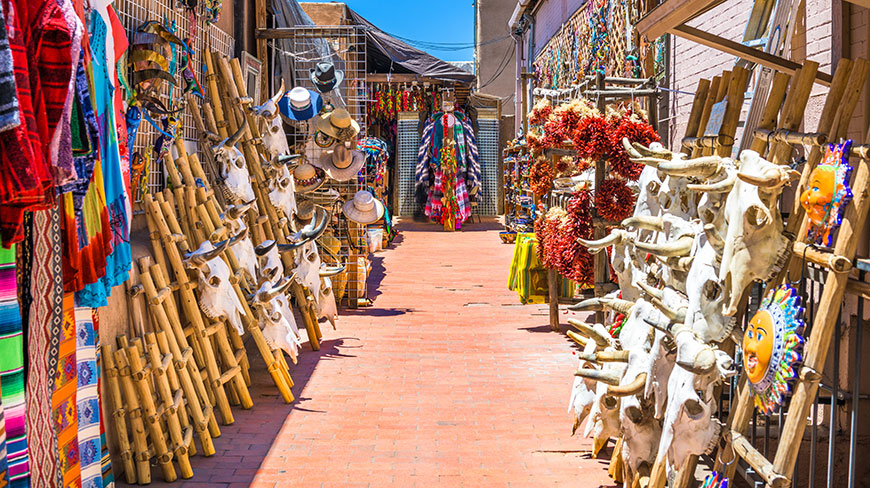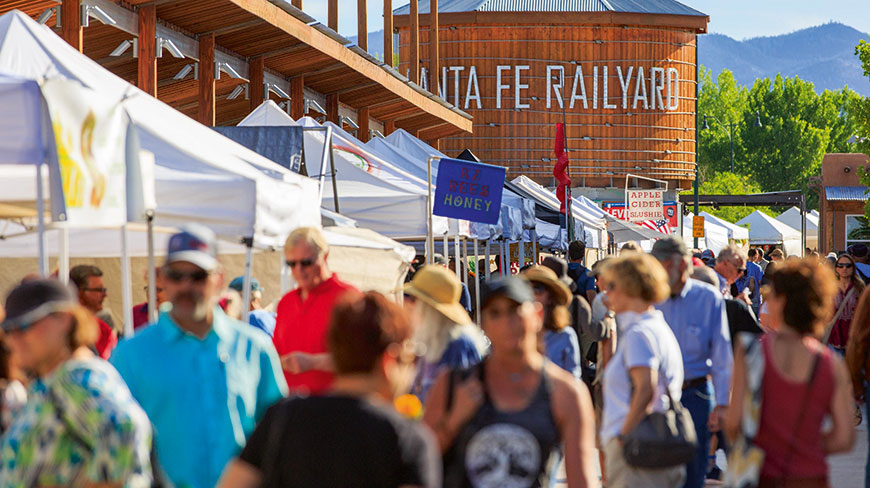Enchantment and Exploitation: The Life and Hard Times of a New Mexico Mountain Range, Revised and Expanded Edition
by William deBuys
First published in 1985, William deBuys's Enchantment and Exploitation has become a New Mexico classic. It offers a complete account of the relationship between society and environment in the Sangre de Cristo Mountains of northern New Mexico, a region unique in its rich combination of ecological and cultural diversity. Now, more than thirty years later, this revised and expanded edition provides a long-awaited assessment of the quality of the journey that New Mexican society has traveled in that time--and continues to travel.
The Flesh of the Cedarwood
by Philip Vargas
The Flesh of the Cedarwood is a touching, poetic novel honoring the achievements of the many Hispanics and native Americans forced to live in poverty, and treated as an inferior and as a foreigner in his own land, themes that have never been more current in our society.
Unsettled Waters: Rights, Law, and Identity in the American West
by Eric P. Perramond
In the American West, water adjudication lawsuits are adversarial, expensive, and lengthy. Unsettled Waters is the first detailed study of water adjudications in New Mexico. The state envisioned adjudication as a straightforward accounting of water rights as private property. However, adjudication resurfaced tensions and created conflicts among water sovereigns at multiple scales. Based on more than ten years of fieldwork, this book tells a fascinating story of resistance involving communal water cultures, Native rights and cleaved identities, clashing experts, and unintended outcomes. Whether the state can alter adjudications to meet the water demands in the twenty-first century will have serious consequences.
Historias Y Memorias: Tales of growing up in Taos, NM, A Memoir
by Juan Andres Vargas
"I am Hispanic, born raised and educated in Taos, NM, with sojourns as the child of migrant workers in CO and later sheepherding with my Dad in WY and ID. These are my stories, my memories, the tales of witches, folklore and famous people, a tribute to my wonderful mother (who lived to be over 106!) and father who struggled against poverty and racism while raising 7 successful children."
The Southwest Table, Traditional Cuisine from Texas, New Mexico, and Arizona
by Dave DeWitt
Expert on chili peppers and spicy foods, Dave DeWitt (aka "the Pope of Peppers") blends Southwestern culinary history with 130 authentic recipes and cooking techniques in this tantalizing collection of fiery, flavorful dishes from Texas, New Mexico and Arizona.
Enchanted Foraging: Wildcrafting for Herbal Remedies, Rituals, and a Magical Life
by Ebony Gheorghe
With practical advice for novice foragers and sidebars on how different cultures have connected with the greatest mystic of all, Mother Earth, Enchanted Foraging explores plants and their various uses not just for consumption but for their intrinsic value. Readers will come away with a more complete knowledge of, and appreciation for, the world that lies just beyond their doors--its abundance, hidden applications, and how it makes enchanted beings of us all.
Indigenous Food Sovereignty in the United States: Restoring Cultural Knowledge, Protecting Environments, and Regaining Health
by Devon A. Mihesuah (Editor), Elizabeth Hoover (Editor), Winona LaDuke (Foreword)
Centuries of colonization and other factors have disrupted indigenous communities’ ability to control their own food systems. This volume explores the meaning and importance of food sovereignty for Native peoples in the United States, and asks whether and how it might be achieved and sustained.
Feast of Santa Fe, Cooking of the American Southwest
by Huntley Dent
An easy-to-follow introduction to the cuisine of the Southwest written by a cooking school instructor.
The Return of the River: Writers, Scholars, and Citizens Speak on Behalf of the Santa Fe River
by Kyce Bello (Author), A. Kyce Bello (Editor)
The Santa Fe River in Santa Fe, New Mexico was named Most Endangered River in America in 2007. This richly illustrated collection is a literary response to that designation, a work that ''re-stories'' the river, bringing it back to life in the hearts and minds of the Santa Fe community. It's no secret that the river--a dry wasteland for most of the year--is imperiled. Less well known is the real story of the Santa Fe River, its remarkable history, and how it can be saved.
Santa Fe, History of an Ancient City
by David Grant Noble (Editor)
A revised edition of of this classic history of Santa Fe to the mid-nineteenth century, featuring essays by ten scholars and hundreds of archival photographs, drawings and maps.
New Mexico, A History
by Joseph P. Sanchez
This cooperative effort between three native New Mexicans is the first complete history of New Mexico. It charts the state’s development from 16th-century Spanish colony to frontier province, from its 1912 American statehood to a hub of (often classified) scientific research. A vital source for anyone seeking to understand the complex history of the West.
The Milagro Beanfield War
by John Nichols
This book can be classified as a political novel, a Southwest novel, or an environmental novel and succeeds brilliantly on all fronts. Published in 1974 to little fanfare, Milagro took a while to captivate a large readership. A decade later, however, the book had achieved status as an underground cult favorite.
The tale of Milagro's rising is wildly comic and lovingly tender, a vivid portrayal of a town that, half-stumbling and partly prodded, gropes its way toward its own stubborn salvation.
Acequia Culture: Water, Land, and Community in the Southwest
by José A. Rivera
Recognizing that "water is the lifeblood of the community," Rivera delineates an acequia culture based on a reciprocal relationship between irrigation and community. The acequia experience grows out of a conservation ethic and a tradition of sharing that should be recognized and preserved in an age of increasing competition for scarce water resources.
The Secret Knowledge of Water : Discovering the Essence of the American Desert
by Craig Childs
Like the highest mountain peaks, deserts are environments that can be inhospitable even to the most seasoned explorers. Craig Childs, who has spent years in the deserts of the American West as an adventurer, a river guide, and a field instructor in natural history, has developed a keen appreciation for these forbidding landscapes: their beauty, their wonder, and especially their paradoxes. His extraordinary treks through arid lands in search of water are an astonishing revelation of the natural world at its most extreme.
High and Dry: The Texas-New Mexico Struggle for the Pecos River
by G. Emlen Hall
While High and Dry focuses on clashes of principles and personalities, especially in the courtroom, it remains very much a story about a river and its world in an arid region. There are irrigators here, including the leading "old families" of southeastern New Mexico, and there is nature here, including "the vampires of the West," the rapacious salt cedars relentlessly sucking up the precious Pecos stream flow. But beneath them all is the author, inviting readers to see how tiny gardens grown for the soul are as crucial to the overall story as the adjudication of water rights. Hall gives a masterful summary of the legal and scientific parts of the story, but he excels in letting us feel and care about water in the same manner as do the people who use it to grow crops.
Seed to Plate, Soil to Sky: Modern Plant-Based Recipes using Native American Ingredients
by Lois Ellen Frank
This enriching cookbook celebrates eight important plants Native Americans introduced to the rest of the world: corn, beans, squash, chile, tomato, potato, vanilla, and cacao—with more than 100 recipes.
Corn Dance: Inspired First American Cuisine
by Loretta Barrett Oden (Author), Beth Dooley (Contributor)
Amply illustrated and adapted to bring the taste of Native tradition into the home kitchen, Corn Dance invites readers to join Loretta Oden on her inspiring journey into the Indigenous heritage, and the exhilarating culinary future, of North America.
Thinking Like a Watershed: Voices from the West
by Jack Loeffler, Celestia Loeffler
Thinking Like a Watershed points our understanding of our relationship to the land in new directions. It is shaped by the bioregional visions of the great explorer John Wesley Powell, who articulated the notion that the arid American West should be seen as a mosaic of watersheds, and the pioneering ecologist Aldo Leopold, who put forward the concept of bringing conscience to bear within the realm of "the land ethic."
Produced in conjunction with the documentary radio series entitled Watersheds as Commons, this book comprises essays and interviews from a diverse group of southwesterners including members of Tewa, Tohono O'odham, Hopi, Navajo, Hispano, and Anglo cultures. Their varied cultural perspectives are shaped by consciousness and resilience through having successfully endured the aridity and harshness of southwestern environments over time.
One Hundred Years of Water Wars in New Mexico, 1912-2012
by Catherine T. Ortega Klett
Water is the lifeblood of human existence. New Mexico's history provides a fascinating microcosm of the role water plays in the growth and development of a community. This book details many of the complex and messy fights, legal and otherwise, over precious water in a semiarid western state. Focusing on the past one hundred years constituting New Mexico's statehood, contributors describe the often convoluted and always intriguing stories that have shaped New Mexico's water past and that will, without doubt, influence its future history. Many of New Mexico's ''movers and shakers'' in the water community have contributed their water war stories to the book. From acclaimed water lawyers to historians to novelists to academicians, their stories reflect the broad legal, historic, traditional, religious, and community values of New Mexico's water culture. The celebration of New Mexico's centennial is made more complete with the telling of these exciting and colorful narratives of how water has and will shape our future.
Runner in the Sun
by D'Arcy McNickle
Nickles combined his anthropology background with all the suspense of a mystery to craft this novel about pre-Hispanic Indian life in the American Southwest.








